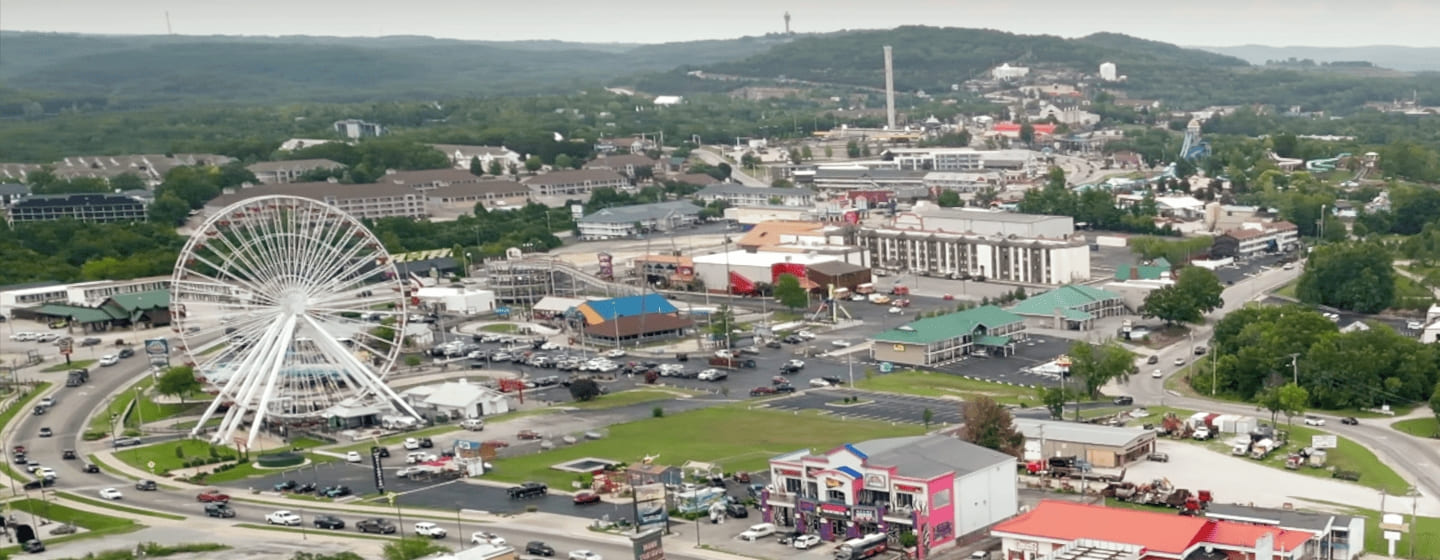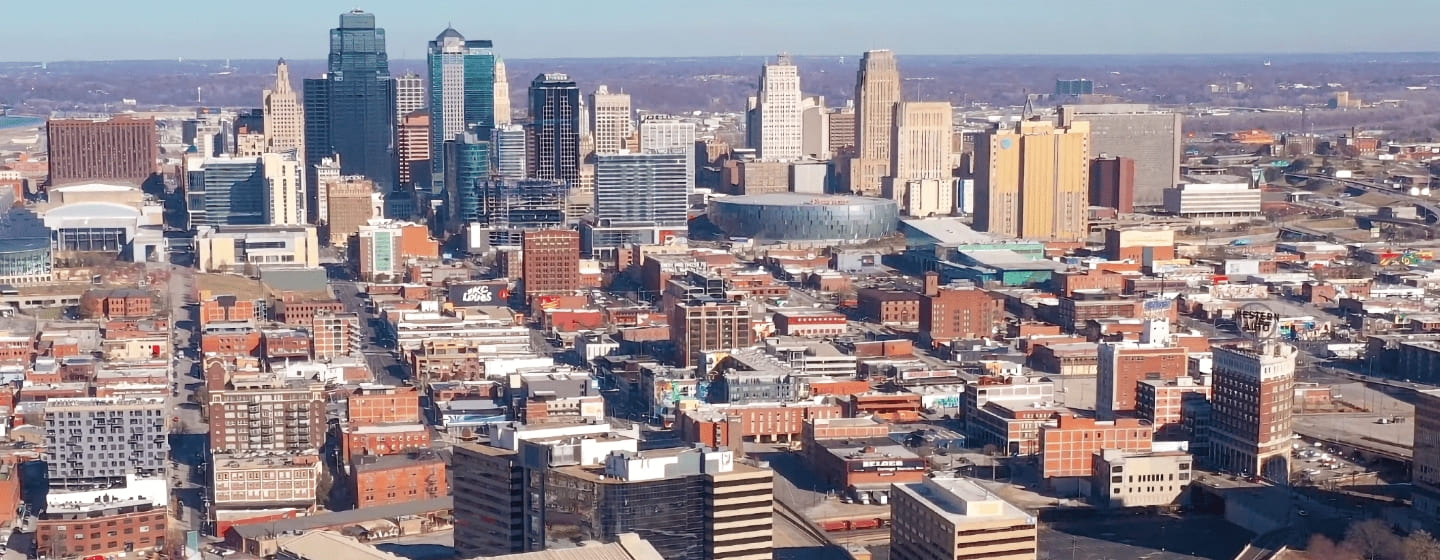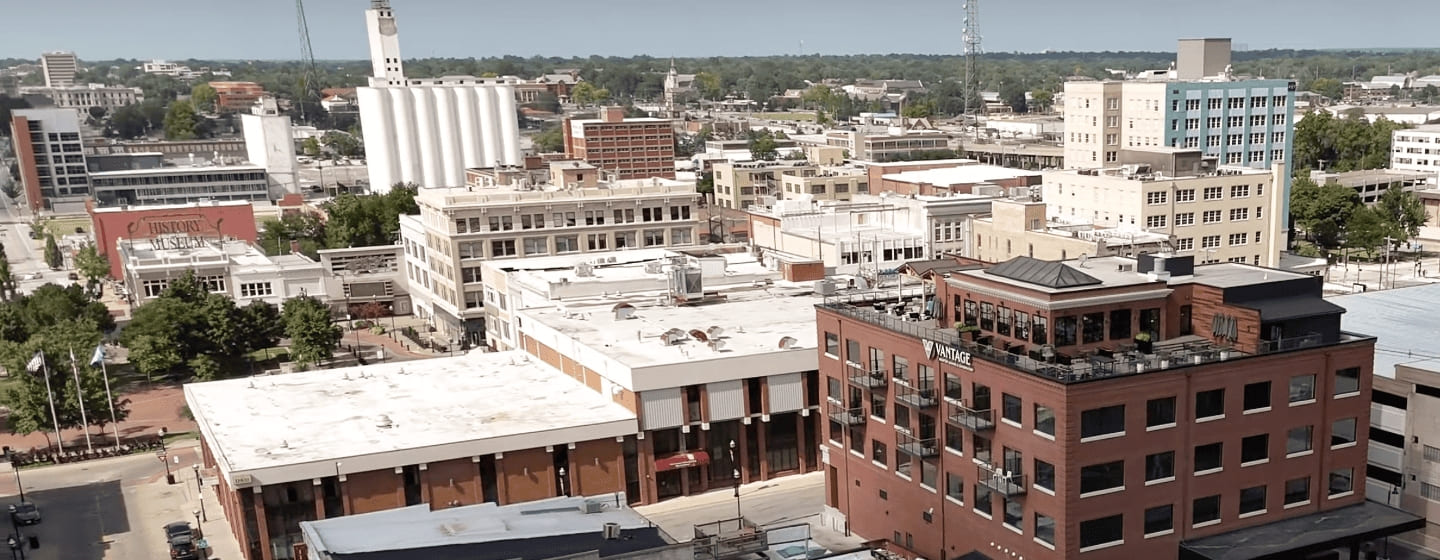Beyond the Arch: A Guide to Cracking the Code of St. Louis Dating
We’ve navigated career changes, family dynamics, and the quiet anxieties that hum beneath the surface of modern life.
Yet, no topic arises with more consistent frequency, frustration, and fascination than dating.
Specifically, dating here, in our beloved, confounding city of St. Louis.
Clients often enter my office with a familiar sigh, a narrative that has become almost a local legend: “Dating in St. Louis is impossible.”
They talk of impenetrable social circles, a dating pool that feels more like a puddle, and a culture that seems to have its own secret set of rules.
I see these experiences not as random misfortunes, but as predictable patterns rooted in the unique social psychology of our city.
St. Louis isn’t New York or Los Angeles, and its dating scene doesn’t operate on the same principles.
It’s a city of deep roots, subtle cues, and powerful neighborhood identities.
To navigate it successfully isn’t about having the right profile picture. It’s about understanding the underlying emotional and social currents.
So, let’s pull back the curtain. This isn’t another list of “Top 10 Date Spots.”
This is a deep dive into the St. Louis dating psyche—why it is the way it is, and how you can learn to thrive within it.

“So, Where Did You Go to High School?”: Decoding St. Louis’s Most Famous (and Feared) Question
Let’s start with the big one. The question that makes transplants’ eyes glaze over and locals instinctively straighten their posture.
It’s the unofficial password to St. Louis society, and its power is deeply psychological.
On the surface, it seems like harmless small talk. But from a clinical perspective, this question is a sophisticated, albeit subconscious, sorting mechanism.
It’s not really about your alma mater. It’s about rapidly accessing a person’s entire schema.
A schema is a mental framework that helps us organize and interpret information.
When a St. Louisan asks this question, they are trying to activate a schema to understand:
Your Roots and Socioeconomic Background: They can instantly place you geographically (North County, West County, South City) and often make assumptions about your upbringing.
Your Social Network: High school in St. Louis creates lifelong, interwoven social webs. Knowing your school is a shortcut to knowing if you share mutual friends, a powerful tool for building trust and rapport.
This is about seeking social proof—the idea that if you’re vouched for by a known network, you’re a safer bet.
Your Values: Different schools carry different cultural connotations, whether it’s a public school with fierce local pride, a Catholic institution steeped in tradition, or a progressive private school.
How to Handle It:
If You’re a Local: Recognize the power and potential exclusionary nature of this question. If you ask it, follow up with something more inclusive.
“I went to Kirkwood. It was a great experience, but what I really love is discovering new parts of the city. What brought you to St. Louis?”
If You’re a Transplant: Don’t get defensive. See it for what it is—a search for connection, however clumsy. Reframe it as an opportunity.
Instead of a dead-end “I’m not from here,” have your story ready. “I’m not from here, actually! I moved for a job at the Cortex and fell in love with the architecture in Tower Grove.
I’m still looking for a decent toasted ravioli that can compete with The Hill—any recommendations?”
You’ve just disarmed the question, shared something about yourself, and turned it into an invitation for them to be the local expert.
The Gravity of the Familiar: Navigating St. Louis’s Neighborhood Bubbles
Have you ever heard a St. Louisan say, “Oh, I never go past I-270,” or “I’m a South City person, through and through”?
This isn’t just about traffic avoidance. It’s a psychological phenomenon known as the Mere-Exposure Effect.
We develop a preference for things simply because we are familiar with them.
In St. Louis, our neighborhoods are powerful identity markers.
The artistic funk of Cherokee Street, the polished charm of Clayton, the historic grit of Soulard, and the family-centric vibe of West County are all distinct ecosystems.
We tend to live, work, and socialize within these bubbles, which dramatically shrinks our perceived dating pool.
Dating someone from a different part of town can feel like a long-distance relationship.
This creates a significant barrier. Your perfect match might be living just 15 miles away in Ballwin, but from your apartment in the Central West End, they might as well be in another state.
Your brain’s desire for comfort and predictability is actively working against your search for a partner.
How to Break Free:
Become a “Dating Tourist” in Your Own City: Make a conscious effort to break your geographic habits.
Once a week, try a coffee shop, bar, or park in a neighborhood you rarely visit.
Don’t go with the sole intention of meeting someone; go with the intention of expanding your own comfort zone.
This shift in mindset reduces pressure and makes the experience enjoyable.
Suggest “Neutral Ground” Dates: If you match with someone from a different “bubble,” propose a date in a central location that feels like shared territory.
Forest Park is the city’s great unifier for a reason. Other options include the Missouri Botanical Garden, a brewery in The Grove, or a concert downtown.
Frame It as an Adventure: When you do venture into their territory (or they into yours), treat it as an exciting exploration.
“I’ve always wanted to try the restaurants in your area. Show me the best spot!” This transforms a potential inconvenience into a fun, collaborative experience.
The Seductive Pull and Hidden Pitfalls of “St. Louis Nice”
There is an undeniable Midwestern warmth to St. Louis. People hold doors, make eye contact, and are generally polite.
We value kindness, stability, and a down-to-earth demeanor. In the dating world, this “St. Louis Nice” can be incredibly appealing, especially for those tired of the transactional nature of dating in larger cities.
From an attachment theory perspective, this environment fosters a desire for secure, stable connections.
Many people here aren’t just dating for fun; they’re subconsciously vetting for long-term partnership and family potential, often from an early age.
However, “St. Louis Nice” has a shadow side that can create immense confusion and frustration:
Conflict Avoidance: The emphasis on politeness can lead to a deep-seated aversion to direct conflict.
Instead of saying, “I didn’t feel a romantic connection,” people are more likely to ghost, fade away, or offer a vague, “I’m just really busy right now.”
This leaves the other person in a painful state of ambiguity.
The Slow Fade: The dating pace can be glacial. What might be interpreted as disinterest in another city could simply be the standard St. Louis rhythm.
Someone might wait several days to text back not because they aren’t interested, but because they don’t want to appear “too eager.”
Politeness vs. Interest: It can be difficult to differentiate between genuine romantic interest and standard Midwestern friendliness.
This ambiguity leads to a lot of second-guessing and anxiety.
How to Navigate It:
Calibrate Your Expectations: Understand that a slower pace is the norm. Don’t panic if you don’t get a text back in two hours. Give things time to breathe and develop.
Practice Kind Directness: You can be both kind and clear. If you’re not interested after a date, a simple, “Thank you so much for a lovely evening.
I really enjoyed meeting you, but I didn’t feel we had a romantic spark. I wish you the best,” is a gift of clarity that cuts through the “nice” fog.
Look for Action, Not Just Words: In a culture of politeness, actions speak louder. Are they actively trying to make plans?
Are they asking thoughtful questions about your life? These are much better indicators of interest than polite but vague compliments.

Rewriting Your Dating Script: Actionable Strategies for Success
Understanding the psychology is the first step. The next is applying it.
Here are some concrete strategies I often work on with my clients.
Diversify Your Social Portfolio
Your future partner is probably not going to magically appear in your living room.
You need to expand the ponds you’re fishing in. If your entire social life revolves around your high school friend group, you’re stuck in a closed loop.
Join a rec sports league (like Volo Sports), take a class at the St. Louis Art Museum, volunteer for a cause you care about, or join a hiking group.
This puts you in contact with new people from different networks in a low-pressure environment.
Master the “Low-Stakes” Date
The pressure of a fancy dinner on a first date can be suffocating.
Embrace the St. Louis low-stakes date. A walk through Tower Grove Park with coffee from Kaldi’s.
A trip to the Soulard Farmers Market. Sharing a concrete at Ted Drewes.
These dates are cheap, short, and focused on conversation, allowing for genuine connection without the performative pressure of a “big night out.”
Lead With Your “Why”
Especially for transplants, your story is your strength. People in St. Louis are often curious about why someone would choose to move here.
Don’t be shy about it. “I came for a great job opportunity, but I’ve stayed because I’m obsessed with the free museums and the amazing sense of community I’ve found in my neighborhood.”
This projects confidence and a love for the city, which is incredibly attractive.
Adopt a Mindset of Curiosity, Not Judgment
When you feel frustrated by the dating scene, it’s easy to slip into a mindset of judgment (“Everyone here is so cliquey,” “No one is interesting”).
I encourage my clients to adopt a mindset of curiosity. Instead of judging the high school question, get curious about what it reveals.
Instead of being annoyed by a slow texter, get curious about different communication styles.
This shift from judgment to curiosity is empowering. It turns dating from a pass/fail test into an exploration.

FlirtForDate.com: The whole truth of the creation and my personal experience on a dating and hookup site.
Conclusion: Finding Love in the Gateway City
Dating in St. Louis presents a unique set of challenges, there’s no denying it.
It asks for more patience, a willingness to step outside your comfort zone, and a bit of anthropological curiosity. But these challenges are also its strengths.
The deep roots that can feel exclusionary also create a city of profound loyalty and stability. The neighborhood bubbles, once breached, reveal vibrant and diverse communities.
The “St. Louis Nice” that can feel ambiguous is also the foundation for a culture of genuine kindness and strong family values.
In my practice, I have seen countless individuals—locals and transplants alike—find deep, meaningful love here.
They didn’t do it by cracking some secret code or by changing who they are.
They did it by understanding the landscape, leading with empathy and curiosity, and having the courage to write their own story, one that stretches far beyond the shadow of the Arch.
Frequently Asked Questions (FAQs)
This is a common perception rooted in some truth. St. Louis does have a culture where people tend to partner up and settle down earlier than in more transient coastal cities. However, the “pool” is much larger than you think. There are constant influxes of people for universities (WashU, SLU) and major corporations (Boeing, Bayer, Centene). The key is to break out of the aforementioned social and neighborhood bubbles to actually access the full diversity of the city’s single population.
Yes, they are very effective, but with a St. Louis-specific caveat. Because of the “small town in a big city” feel, you are highly likely to see people you know or have mutual connections with. Don’t let this deter you. Apps are one of the best tools for breaking through the neighborhood and high school network barriers. Be clear in your profile about what you’re looking for, and use it as a tool to initiate the “low-stakes” dates mentioned above.
Active & Fun: Try a class at City Museum’s Art City, go rock climbing at Climb So iLL, or take a pickleball lesson.
Cultural & Relaxed: Pack a picnic for a show at The Muny, explore the Laumeier Sculpture Park, or take a cooking class on The Hill.
Quirky & Casual: Go on a brewery tour crawl (Schlafly, Urban Chestnut, 4 Hands), challenge each other at Up-Down STL arcade bar, or go ghost-hunting on a Lemp Mansion tour.
It’s likely a combination of factors, but this pattern is strongly linked to the “St. Louis Nice” conflict avoidance. Many people here find it easier to disappear than to have an uncomfortable conversation. While it’s impossible to a ghost-proof your dating life, you can mitigate it by practicing clear communication yourself and focusing on people whose actions (making definitive plans, engaging in conversation) align with their words. Remember, being ghosted is a reflection of their communication skills, not your self-worth.


